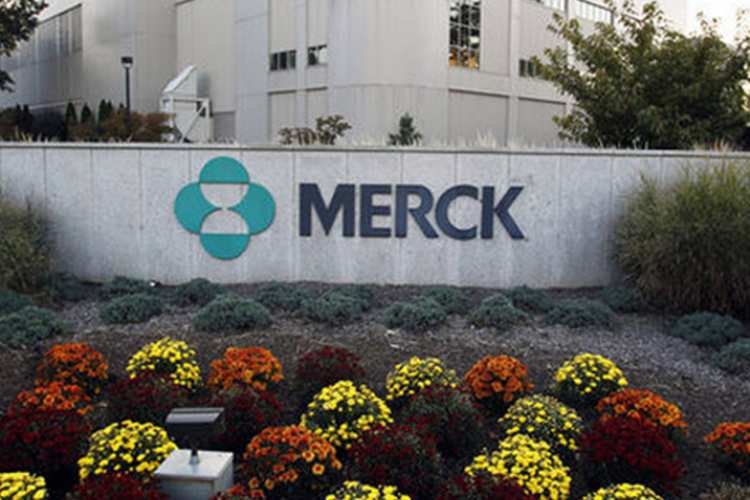Following the recent disclosure by the Centers for Medicare & Medicaid Services (CMS) regarding the list of drugs slated for initial price negotiations under the Inflation Reduction Act (IRA), pharmaceutical companies responsible for marketing these drugs find themselves racing against a series of impending deadlines. Firstly, these companies are required to communicate their decision to CMS by Sunday, indicating whether they intend to partake in the negotiation process or opt for a complete withdrawal from Medicare and Medicaid programs. According to CMS, companies opting to participate must formally commit to this decision by Sunday.
In response to this development, an AstraZeneca spokesperson conveyed the company’s intention to “engage in the procedures outlined by CMS to demonstrate the value of Farxiga to Medicare beneficiaries.” This move, they noted, underscores AstraZeneca’s dedication to ensuring continued access to their medication.
Meanwhile, Bristol Myers Squibb reluctantly declared its intent to participate in the process, as expressed by a spokesperson in an emailed statement. The spokesperson emphasized the absence of a genuine alternative, explaining that failing to sign would result in exorbitant penalties, unless the company chose to withdraw all its medicines from Medicare and Medicaid—presenting an untenable choice.
Merck also signaled its readiness to sign the CMS’ initial agreement but did so “under protest,” according to a company spokesperson. The New Jersey-based pharmaceutical firm cited “legal and policy” concerns with the program as the basis for their decision.
Still, Merck said “withdrawing all of the company’s products from Medicare and Medicaid would have devastating consequences for the millions of Americans who rely on our innovative medicines, and it is not tenable for any manufacturer to abandon nearly half of the U.S. prescription drug market.”
Boehringer Ingelheim, responsible for pricing and access for Jardiance in partnership with Eli Lilly, has indicated its intention to join the negotiations, as reported by Bloomberg Law. Additionally, Johnson & Johnson, Novartis, Novo Nordisk, and Amgen find themselves at the forefront of the initial CMS price negotiations.
A spokesperson for Novo Nordisk expressed their commitment to exploring various avenues that facilitate change for individuals relying on their medications.
Amgen declined to comment on the matter, while Johnson & Johnson and Novartis did not respond to requests for comment from Fierce Pharma. Following their decision to participate by the Sunday deadline, companies must also submit any relevant data for consideration in the negotiations by the subsequent Monday.
Furthermore, members of the public have the opportunity to provide input on therapeutic alternatives for the 10 drugs featured on the CMS’ list. In the coming months, companies will engage in discussions with CMS regarding their respective therapies. This will be followed by patient-focused listening sessions scheduled between October 30 and November 15.
By February 1, CMS will issue initial pricing proposals for each of the drugs, and companies will have a 30-day window to present counter arguments. Each company will then engage in up to three negotiation meetings, concluding on August 1, 2024. The new pricing structures will come into effect in 2026. Notably, companies that decline to participate in the negotiation process will face substantial excise taxes, a contentious issue addressed in several lawsuits filed against the program.
As negotiations and legal battles unfold, the pharmaceutical industry faces a pivotal moment, with many companies asserting that their constitutional rights have been violated in the process. This dynamic situation will undoubtedly continue to evolve in the coming months.
“The choice between doing so and weathering the IRA’s massive fines and taxes is no choice at all. As we enter this next phase with the government, we remain focused on challenging the constitutionality of the statute in our ongoing litigation.”
– Merck





























